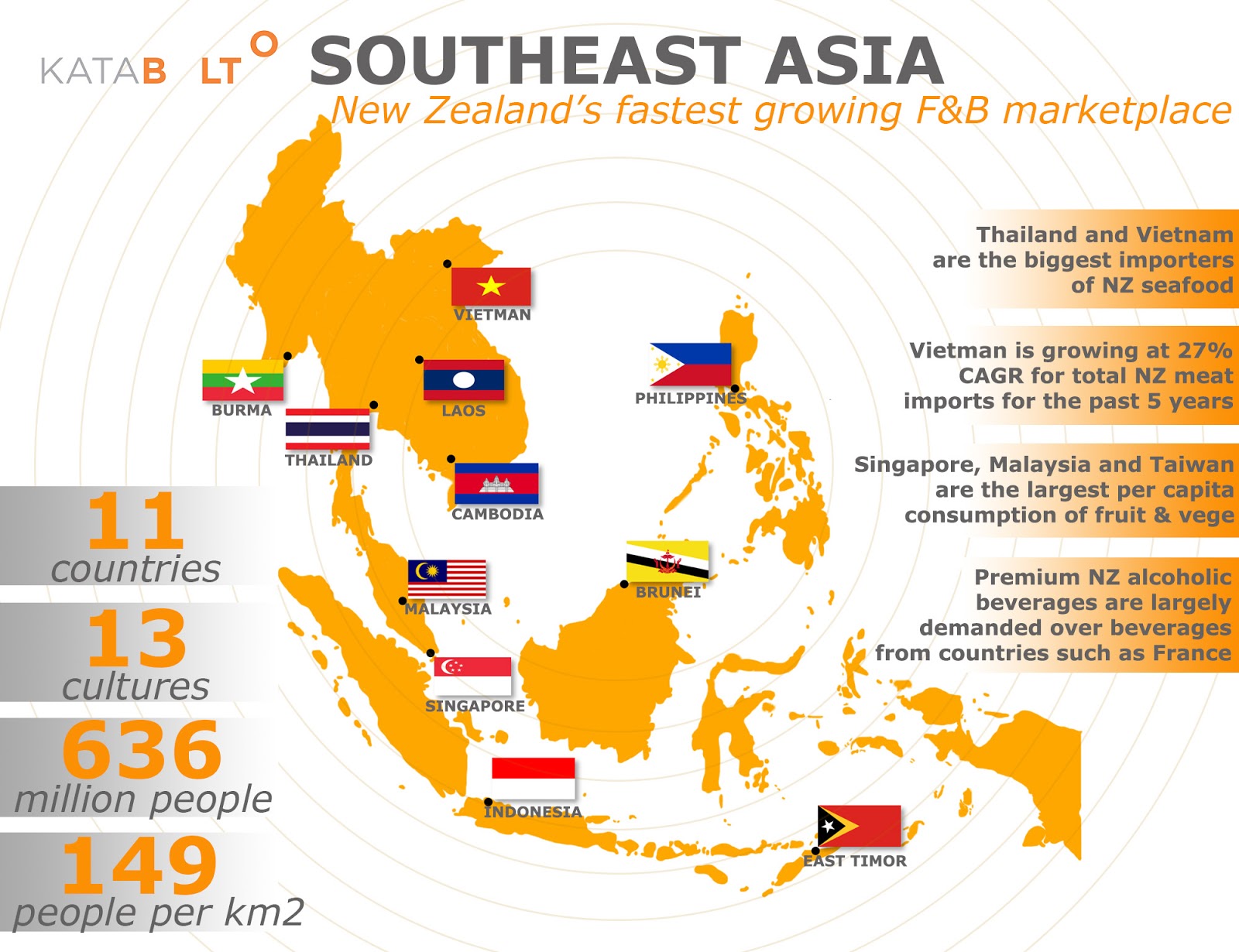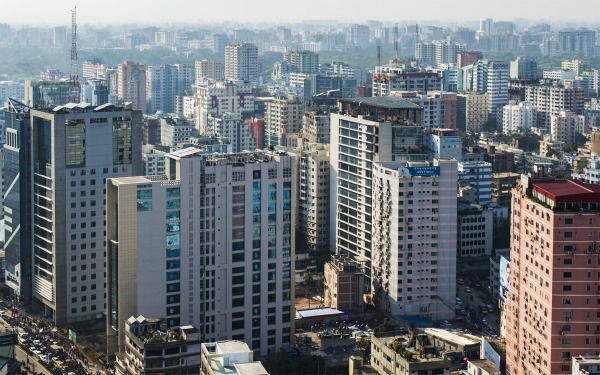Understanding Language Barriers in Different Asian Countries
Traveling to a new country and relying solely on English can lead to confusion and frustration for both travelers and locals alike. While English proficiency is increasing in many places, significant language barriers remain that require understanding and respect from foreign visitors. As someone who has extensively traveled throughout Asia, here are some insights into how language challenges can arise and how to better prepare for cultural immersion.
Non-native English speakers often misunderstand language needs
Many Europeans assume that as English is a global language, it will suffice everywhere. However, this overlooks crucial cultural nuances. In cities like Beijing, I often saw confusion as Europeans tried using English without knowing Chinese. Locals were polite but unable to understand. Non-native English speakers must recognize their own limitations and respect that English proficiency varies significantly between regions and generations.

Local customs officers may only know their native tongue
At one airport, I witnessed Spanish tourists growing frustrated with a Chinese customs officer who couldn’t understand them. They failed to see that he likely spoke only Mandarin Chinese in his role. Without translation assistance, neither side could communicate basic needs like passport checks. For official interactions, assume local staff prioritize their first language over English. Always learn key phrases in the local language too.
Asian countries have their own primary languages
Countries such as India, Philippines, Malaysia, and Singapore do incorporate English on some level. However, their native tongues like Hindi, Tagalog, Malay, and various Chinese dialects are far more prevalent among the general public. While English provides a useful secondary skill, one cannot truly experience these cultures without appreciating indigenous languages first. Learn at least basic greetings and directions in the local language for greater cultural understanding and respect.
Preparing for Language Diversity improves the Asian Travel Experience
Translating for confused travelers reduces frustration on both sides
On many occasions while traveling, I found myself serving as an impromptu translator to help travelers understand airport procedures, directions, or menu items. Seeing the relief this provided highlights how much miscommunication arises without common language. Spending time learning even simple words and phrases can make interactions smoother for locals and foreigners alike.
Being linguistically flexible shows an open mind towards other cultures
Rather than stubbornly insisting others speak one’s own language, travelers should embrace opportunities to learn from locals. Even basic conversational skills in the native tongue demonstrate respect for cultural differences. Locals then feel understood and are more likely to assist visitors in return. An attitude of linguistic openness enriched my experiences across Asia far beyond what English alone provided.
Independent study supplements lessons learned through immersion
Of course, total fluency takes long-term study. But travelers can increase understanding dramatically through small independent preparations like learning the writing system, common greetings, and popular destinations in the local language. This enhances authentic cultural experiences that brief translations alone cannot provide. Beginners’ phrasebooks and audio lessons make basic communication achievable even for a short trip.
Conclusion
In conclusion, knowing English offers benefits but cannot replace truly engaging with a culture through its heart languages. The extensive travel experiences highlighted here demonstrate how even minor preparations like learning polite greetings and requests go a long way. With linguistic flexibility and respect for each place’s unique heritage, visitors can better navigate language barriers and forge greater connections across Asia.

 Is Dhaka Safe for Travelers? An Insider's Guide to Navigating the Capital City
Is Dhaka Safe for Travelers? An Insider's Guide to Navigating the Capital City